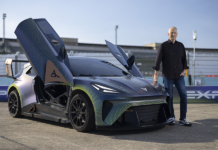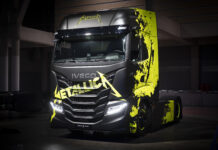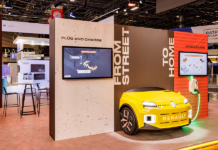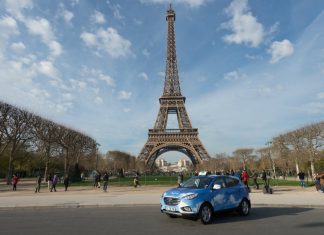Where the Alliance leads the way, however, is in electric vehicle (EV) sales, with more than 360,000 global zero-emissions vehicle sales to date. Nissan Motor Co. makes the world’s best-selling EV, the LEAF, while Renault ranks as Europe’s leading EV manufacturer.
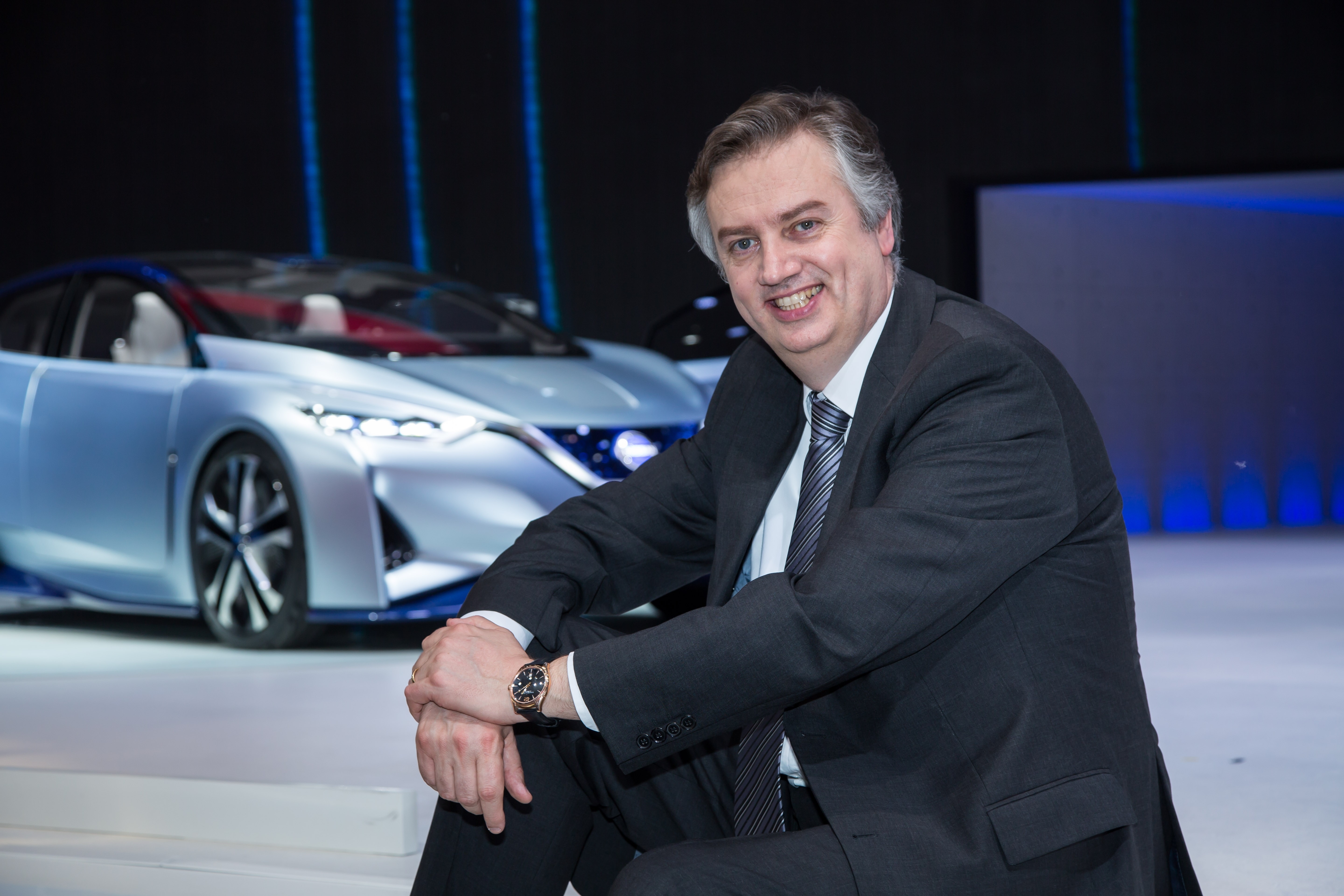
“We are pioneers in EVs aspiring to more than mobility; we aim to be part of an ecosystem that optimizes energy usage.” Daniele Schillaci, Executive Vice President for Global Marketing and Sales, Nissan Motor Co. Ltd.
Nissan’s key brand strategy differentiator is ‘Intelligent Mobility’, says its executive vice president for global marketing and sales, Daniele Schillaci. “It has three pillars,” he explains, “Intelligent Driving, which relates to autonomous driving; Intelligent Power, which is about EV leadership; and Intelligent Integration referring to the connected car. The first makes life easier, the second makes driving exciting and the third keeps the customer connected.”
The future of Intelligent Mobility is smarter still. EVs potentially represent a cleaner way to get around, compared to conventional internal combustion engines. While growing numbers of greener cars will produce lower levels of carbon dioxide and other pollutants, they can only deliver net emissions and energy savings if the electricity they use comes from sustainable sources. For now, however, in most places these are neither abundant nor reliable enough to guarantee supply.
In response, Nissan aims to transform its existing technology to power everything else, Schillaci reveals. Rethinking EVs as mobile battery packs, Nissan is re-engineering our relationship with the car. EVs can ‘fill up’ from renewable energy supplies at off-peak times and pump power back to the grid as and when required, to cope with spikes in demand—all without needing to burn fossil fuels.
The company is already partnering with Enel and NUUVE in Denmark and the United Kingdom on pilot programs that will see “the car become part of urban energy strategies,” Schillaci explains. “Imagine, one day, thousands of EVs placed on the grid. Intelligent Mobility is also integration in the city and the environment.”
The IDS Concept, unveiled in Tokyo last October and Geneva in March, shows how far Nissan’s vision goes. “It remains a concept car,” Schillaci admits, “but shows the direction we want to go. It is the perfect car for the smart city, for everything vehicle-to-grid and vehicle-to-home. The city plays the role of receiver and supplier.”![]()





